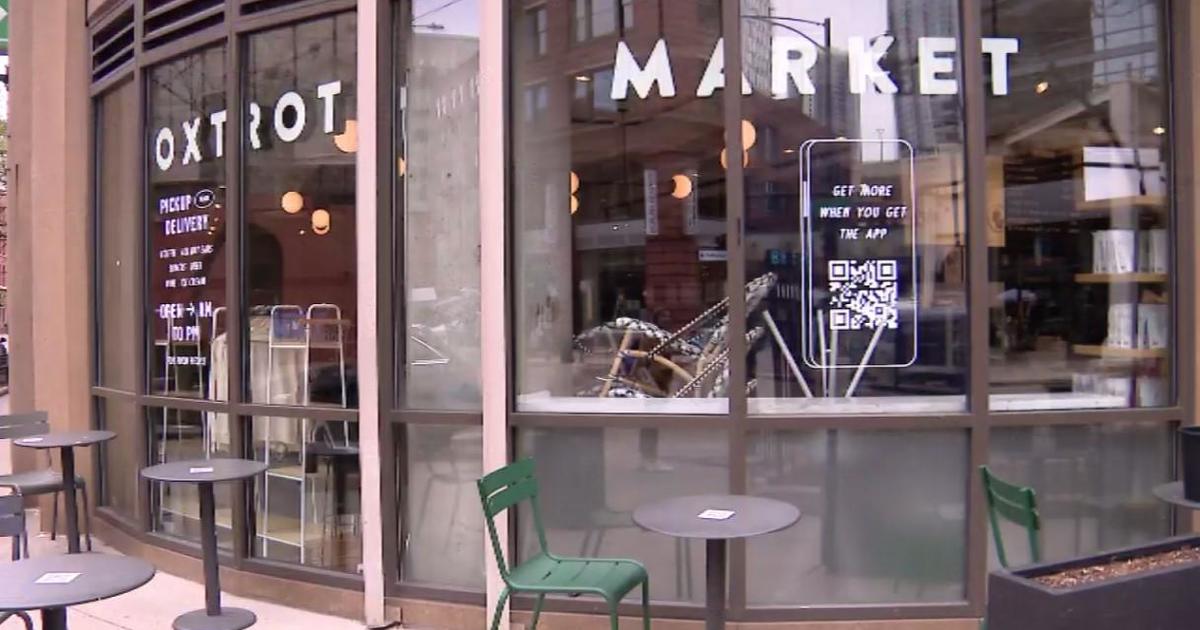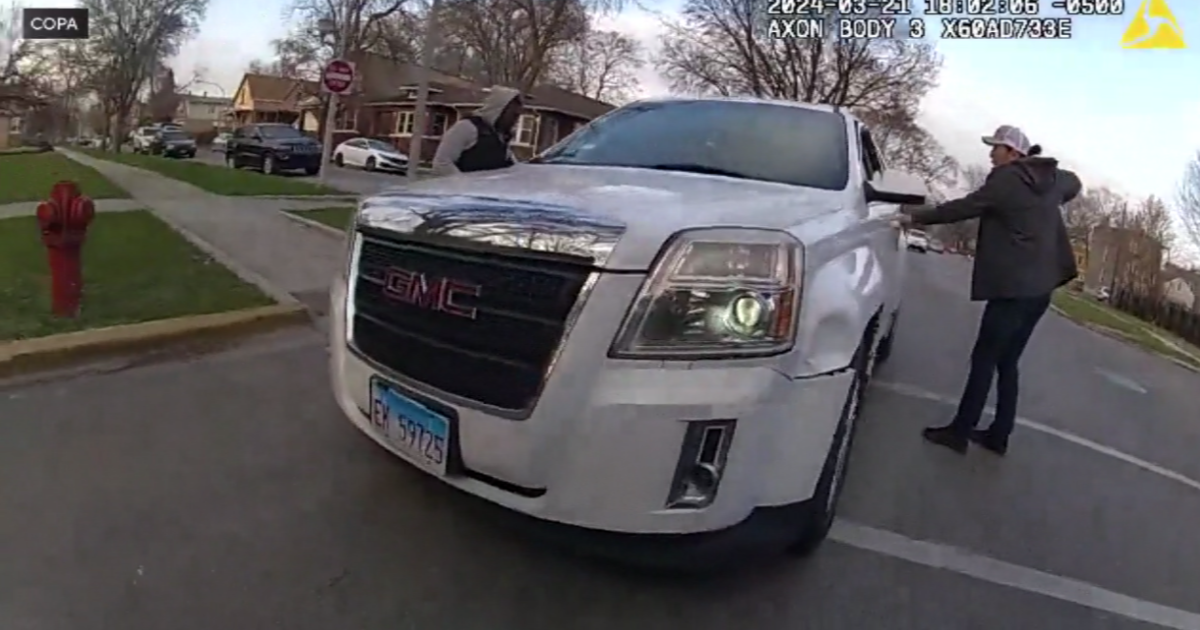Experts: Stiff Sentence For Blago May Not Deter Corruption
CHICAGO (CBS) – Expert observers say the stiff sentence given to disgraced ex-Gov. Rod Blagojevich on Wednesday was warranted, but they doubt whether it will deter corrupt office-holders in the future.
Former U.S. Attorney Scott Lassar says the 14-year sentence ordered by U.S. District Judge James Zagel probably is not much of a warning to other crooked politicians.
LISTEN: Former U.S. Attorney Scott Lassar
Podcast
"It's certainly been proven that prosecution by itself has not ended the problem," Lassar tells WBBM Newsradio. "There have probably been more public corruption prosecutions in Illinois than in any other single state, and yet the problem persists, so that's not the whole answer. I think part of it is that better people need to run for office."
READ: Rod Blagojevich Sentenced To 14 Years In Prison
In a similar vein, University of Illinois at Chicago political science professor Dick Simpson said he doesn't think the culture of corruption will change.
Simpson said hundreds of politicians have been jailed for public corruption since the 1970s.
"It's partly the expectation that citizens have that they can pay bribes … and it's partly the expectation of politicians like Blagojevich that they'll get away with it, that they'll never get caught," Simpson, a former Chicago alderman, says. "There is probably, for each person convicted, at least 10 people who didn't get caught."
LISTEN: UIC Political Scientist Dick Simpson
Podcast
Simpson said the state of Illinois and the General Assembly need to adopt more of the recommendations of the ethics panel created by Gov. Pat Quinn. He said only a handful of its 20 recommendations have been enacted or seriously considered
Andy Shaw of the Better Government Association held out hope that elected officials will clean up their acts. He called Wednesday's sentence "a significant step toward eventually creating a better class of behaving politicians."
"The line between raw, bad politics and criminal behavior is somewhat narrow," he said. "And I think that a lot of public officials who are used to playing fast and loose with tax dollars and appointments and all of those things are going to have to think more seriously."
Most observers agree the 14-year sentence was severe. CBS 2 Legal Analyst Irv Miller says it could have been even worse, but Blagojevich likely reduced the sentence by admitting guilt during his remarks to Judge James Zagel.
"Before he made that admission of guilt, the judge was going to throw the big book at him, big-time," Miller said. "He was going to give him close to 20, I believe. That admission of guilt saved him some time, significant time."
Miller says any appeal would likely challenge the judge's sentencing calculations, rather than the trial itself.
"The problem is, appeals take a long time, and he's going to be in the penitentiary while this appeal progresses," he said.
Former federal Patrick Cotter said Blagojevich made a tactical error by failing to obtain a plea agreement. He said the ex-governor had his most leverage immediately following the hung jury verdict in the first trial.
"He could have come in and said, 'Look, sentence me to seven years. It's longer than Ryan got. It's the longest sentence any governor in the history of Illinois has gotten. I'll plead guilty right now. I'll accept responsibility. You don't have to try me again. No muss. No fuss. No expense,'" Cotter said.
Instead, Zagel sentenced Blagojevich to twice that.
Not everyone thought Blagojevich got what he deserved. One of his previous defense attorneys, Sam Adam Jr., could have been acquitted if Zagel would have allowed broader use of wiretapped phone conversations at trial. Adam argues tapes that have not been heard publicly would have helped establish that Blagojevich did not knowingly commit crimes.



